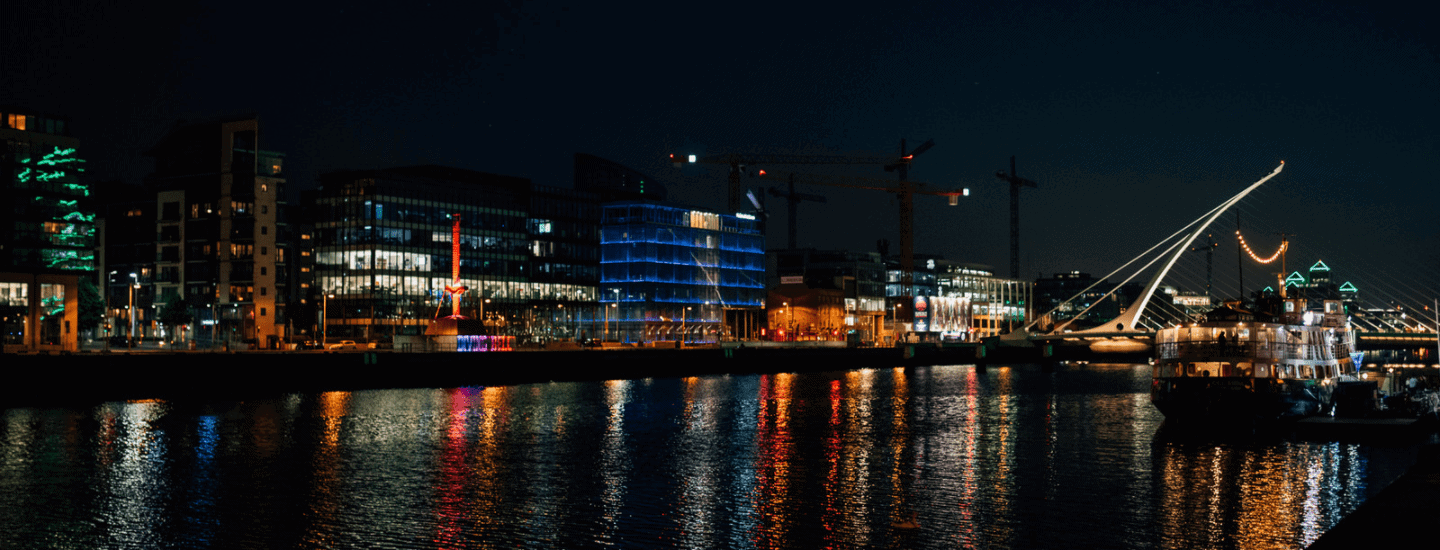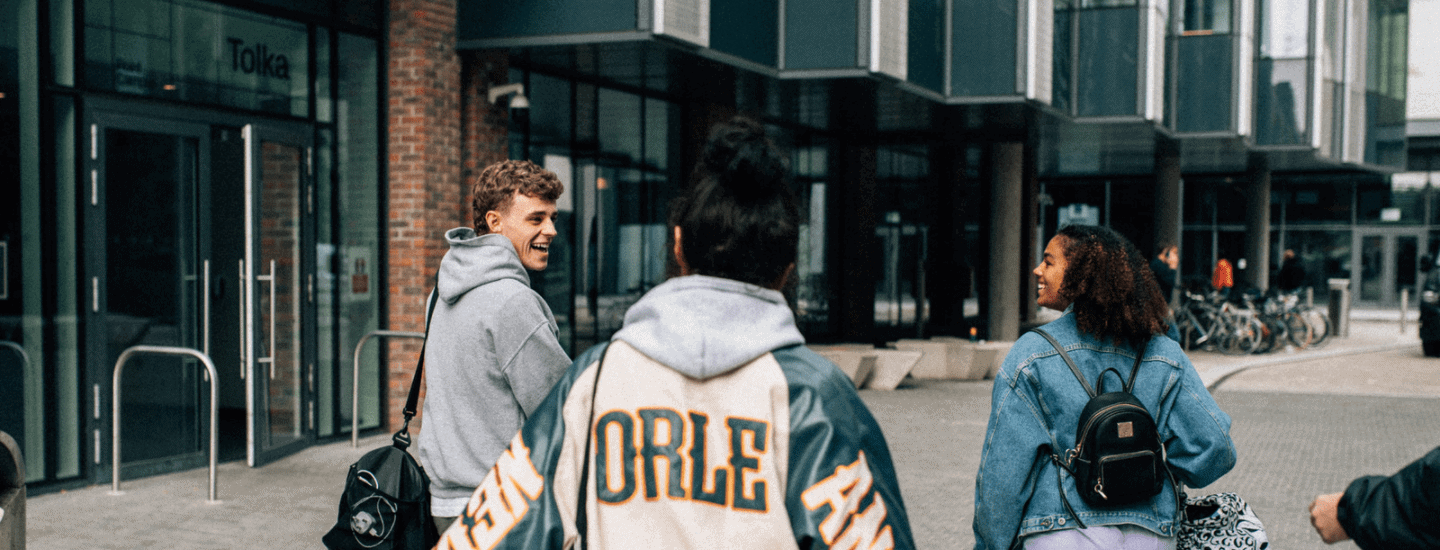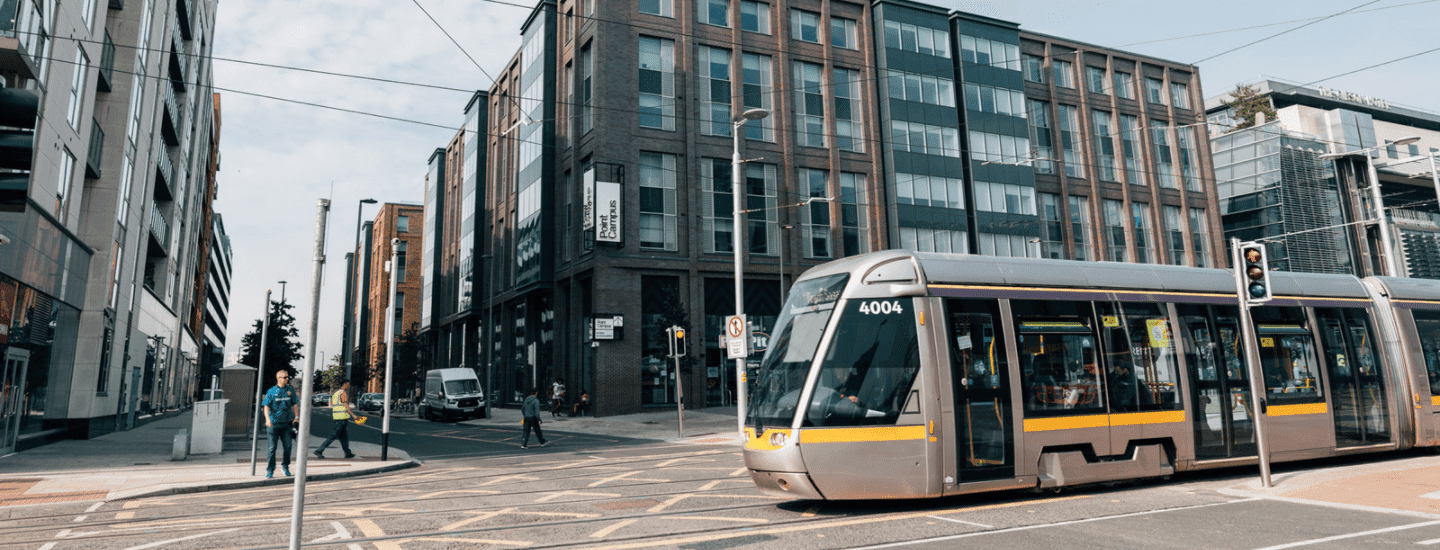Point Campus.
Final room remaining for September 2024.
Host Point Campus offers all bills included student accommodation in Dublin. Easy access to Dublin’s finest colleges, famous streets and favourite amenities. Student living doesn’t get much more central than…
Point Campus
Point Village, Mayor Street Upper
Dublin 1
Ireland
Call: +353 1 905 9900
Email: dublin@host-students.com





